
- Home
- India
- World
- Premium
- THE FEDERAL SPECIAL
- Analysis
- States
- Perspective
- Videos
- Sports
- Education
- Entertainment
- Elections
- Features
- Health
- Business
- Series
- In memoriam: Sheikh Mujibur Rahman
- Bishnoi's Men
- NEET TANGLE
- Economy Series
- Earth Day
- Kashmir’s Frozen Turbulence
- India@75
- The legend of Ramjanmabhoomi
- Liberalisation@30
- How to tame a dragon
- Celebrating biodiversity
- Farm Matters
- 50 days of solitude
- Bringing Migrants Home
- Budget 2020
- Jharkhand Votes
- The Federal Investigates
- The Federal Impact
- Vanishing Sand
- Gandhi @ 150
- Andhra Today
- Field report
- Operation Gulmarg
- Pandemic @1 Mn in India
- The Federal Year-End
- The Zero Year
- Science
- Brand studio
- Newsletter
- Elections 2024
- Events
How Payal Kapadia’s win at Cannes spotlights the travails of indie filmmakers

Payal Kapadia’s glorious win at the 77th Cannes Film Festival for her film All We Imagine As Light has come as a much-needed shot in the arm for India’s independent cinema that has, for decades, struggled to be recognised at home. In recent years, independent filmmakers have made meaningful movies, overcoming numerous odds with regard to funding, distribution, and release in India. But...
Payal Kapadia’s glorious win at the 77th Cannes Film Festival for her film All We Imagine As Light has come as a much-needed shot in the arm for India’s independent cinema that has, for decades, struggled to be recognised at home. In recent years, independent filmmakers have made meaningful movies, overcoming numerous odds with regard to funding, distribution, and release in India. But they have been lost in the melee of the run-of-the-mill blockbusters with tremendous marketing muscles. After Kapadia’s win, social media was abuzz with various shades of opinions and sentiments over the recognition. The most poignant observations came from one of the finest actors, known for her brave, raw and unapologetically real roles in experimental films, Tillotama Shome.
“It is nothing short of a miracle for an Indian indie film with no institutional, financial or emotional support from the country, to make it this big. How was the film funded, how difficult was it to complete the film in that budget, and how did the actors put together the money to fly to Cannes, so they could bring home the prize that we are so proud of? Let’s put some skin into this game: if we are feeling so proud. Otherwise it’s not pride, just shame for not believing in your own storytellers, until the world asks you to look at them. These women are filling the cracks and saving the building,” wrote Shome, addressing the elephant in the room which tends to get overshadowed in the euphoria over the first Indian film in 30 years to have won the Grand Prix at Cannes.
Kapadia’s win, a watershed moment for Indian independent cinema, made me think about scores of indie filmmakers, who have been passionate about their craft, and have dedicated their lives to making films on issues that matter. Films that go beyond the glitz and glamour, and tell stories of people on the edge: the women, the marginalised and the dispossessed. Unlike the mainstream Bollywood industry with its commercial focus and star-driven narratives, these independent filmmakers prioritise artistic expression — indeed it’s their raison d’être. They experiment with unconventional forms of storytelling, often operating on shoestring budgets, relying on crowdfunding, grants, and — most of all — sheer passion to bring their visions to life. Distribution remains a major hurdle, with limited access to theatres and a lack of robust marketing channels. Perhaps the most significant challenge, however, is the lack of recognition in India itself. Awards ceremonies tend to favour mainstream films; independent films are perceived as niche or inaccessible.
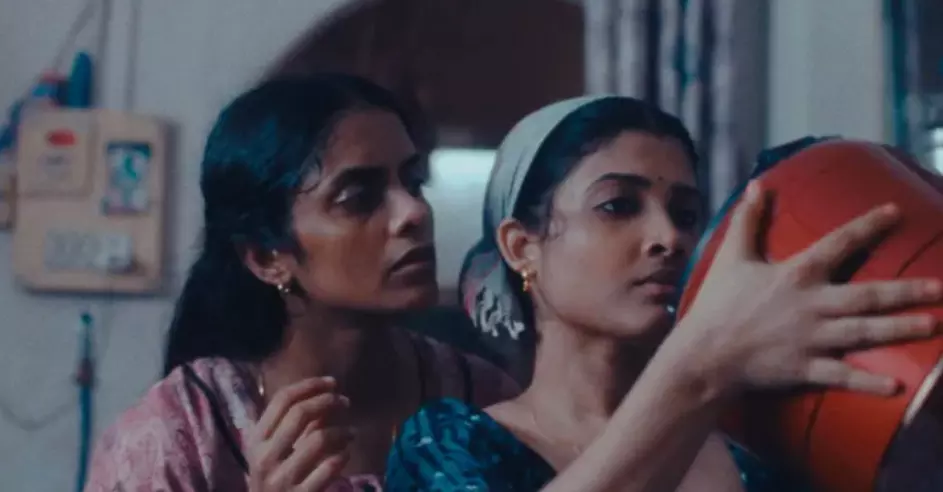
All We Imagine As Light has come as a much-needed shot in the arm for India’s independent cinema.
It’s here that international film circuits (Sundance, Rotterdam, Toronto), especially Cannes, come into the picture. Film festivals around the globe have long been a platform for these voices, with filmmakers like Rima Das (Village Rockstars), Shonali Bose (Margarita, With a Straw), Chaitanya Tamhane (Court, The Disciple), Geetu Mohandas (Liar’s Dice) having been recognised at one or the other of these festivals. If we go beyond India, other indie filmmakers like Apichatpong Weerasethakul (Thailand) and Kim Ki-duk (South Korea) have achieved global recognition precisely because their works got an avenue to be showcased. In recent years, Indian documentaries have been the toast of the world as evident in the case of Kartiki Gonsalves’ Netflix documentary The Elephant Whisperers, which made history by becoming the first Indian production to win the Oscars in 2023. Shaunak Sen’s immensely moving documentary film on the dying black kites of Delhi, All That Breathes, was India’s nomination for the Best Documentary Features in the same year.
Kapadia’s film, set in Mumbai and Ratnagiri, is about two Malayali nurses. Through their story, she explores the female bond, and the quiet strength that flickers within each of us, a light that shines even in the darkest corners. It’s also one of the finest films with the city of contradictions as its backdrop. It reminded me of Anamika Haksar’s Ghode Ko Jalebi Khilane Le Ja Riya Hoon (Taking the Horse to Eat Jalebis, 2022), which is set in Shahjahanabad (Old Delhi), and is centred on the lives of four people from diverse backgrounds, each grappling with their own struggles and yearning for a better life.
We meet Patru, a cunning pickpocket who stumbles upon a hidden world beneath the surface of the city. As he guides tourists on unconventional ‘Dream Walks’, Patru exposes the underbelly of Old Delhi, revealing the raw realities and hidden gems that lie beneath the veneer of history and tradition. We also meet Lal Bihari or Lalli, a fiery labour activist fighting for the rights of the downtrodden. The duo’s paths converge with those of a struggling snack vendor who keeps changing his profession to make ends meet and a seasoned conductor of heritage walks. Together, they form an unlikely alliance, their lives intertwined by their shared experiences and aspirations. An avant-garde, allegorical film, its dialogues are culled from the real-life dialogues of 70-odd people on the streets, including pickpockets, vendors, and beggars.
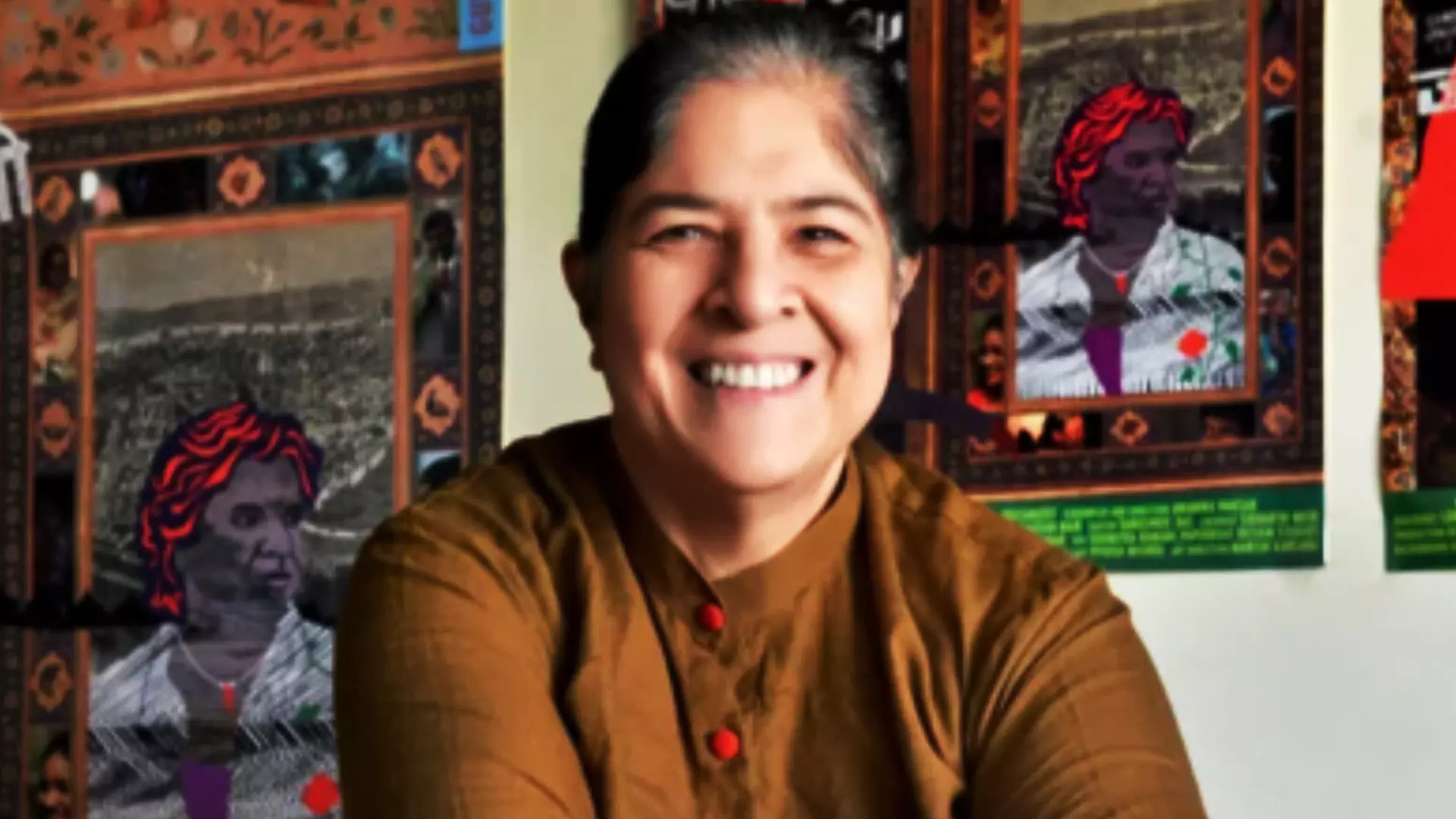
Anamika Haksarstruggled to find an OTT platform for her film 'Ghode Ko Jalebi Khilane Le Ja Riya Hoon'. She finally released it on Apple TV.
Despite the fact that it was the most imaginative film made on Delhi, it had to wage a real battle for release; Haksar shared with me how she struggled to find an OTT platform. When most of them refused, she managed a limited theatrical release. It was later made available on Apple TV + as a film on demand; if you wish to watch this, you’d need to pay for it in addition to your subscription. Similarly, Samarth Mahajan’s powerful documentary Borderlands, which delves into the human stories — the hopes, struggles, and dreams of people whose lives are woven with the invisible lines of political borders — found no OTT taker. The film was made from the funds pooled by 557 contributors through a Wishberry Foundation crowdfunding campaign. Having premiered at DOC.fest Munchen in 2021, Borderlands was screened at over 25 film festivals worldwide. However, despite the acclaim, the documentary could not interest any streaming platform and, in the end, Mahajan decided to release it on YouTube.
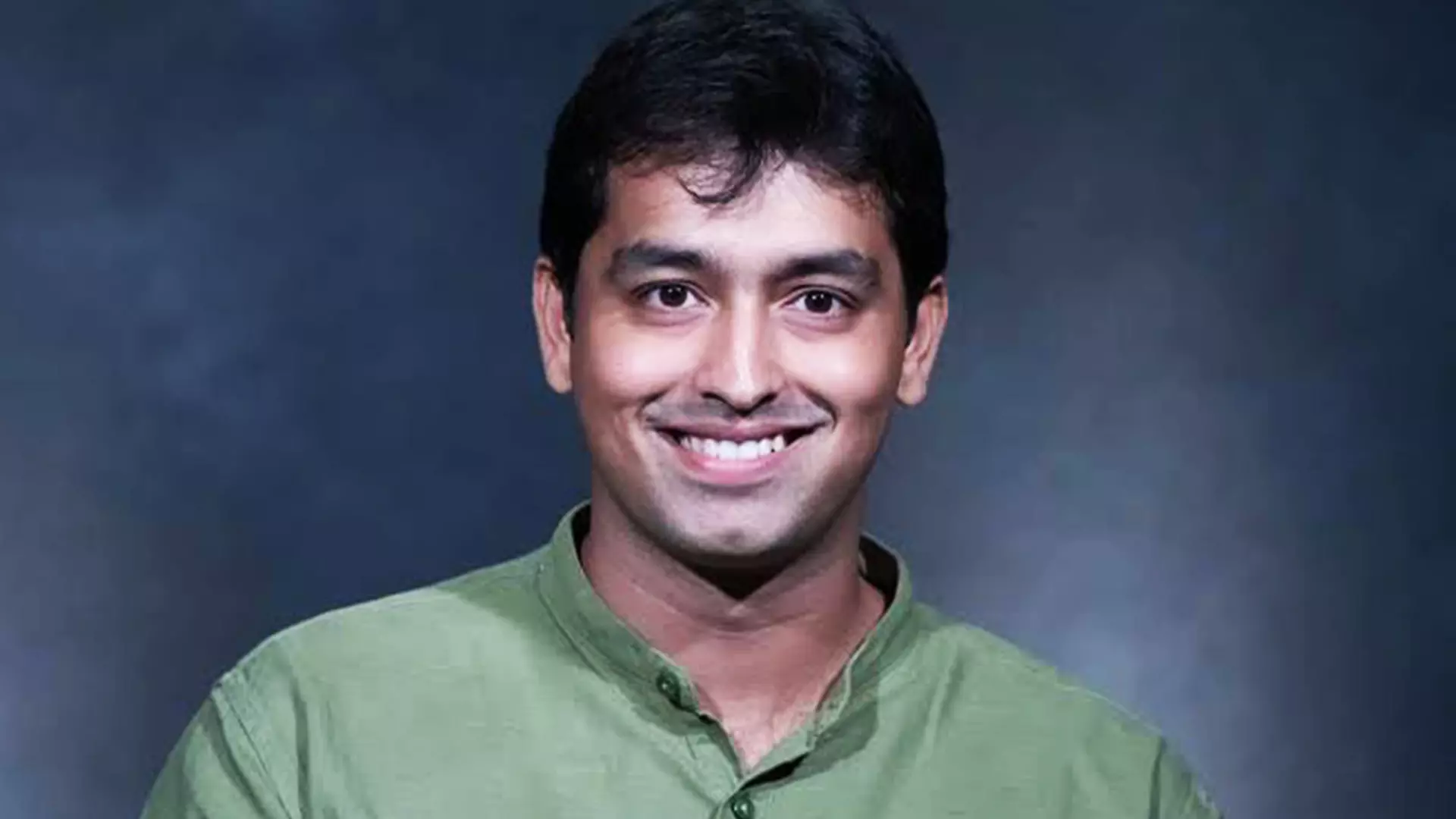
Samarth Mahajan’s powerful documentary Borderlands, which delves into the human stories found no OTT taker.
One of the most inspiring indie filmmakers today is Rima Das, whose 2017 film Village Rockstars — the coming-of-age story about a teenage girl who forms an all-girls rock band — was India’s official entry for the 91st Academy Awards in the Best Foreign Language Film category. Das, who comes from Kalardiya, a village near Chhaygaon in Assam 50 km from Guwahati, is a regular at international film festivals. A self-taught filmmaker, she made a splash with her first feature, Man with the Binoculars (2016). Shot on a simple Canon DSLR in her hometown, the film established Das’s unique style. She works as a one-woman crew, handling everything from writing and directing to editing and even art direction. This lack of formal training has become a strength. Das, whose films are known for their slice-of-life realism and explore the lives of ordinary people in rural Assam, told me after the release of her latest film, Tora’s Husband (2023), that when she started watching movies and decided to make them, at that time she mostly watched movies like a painting.
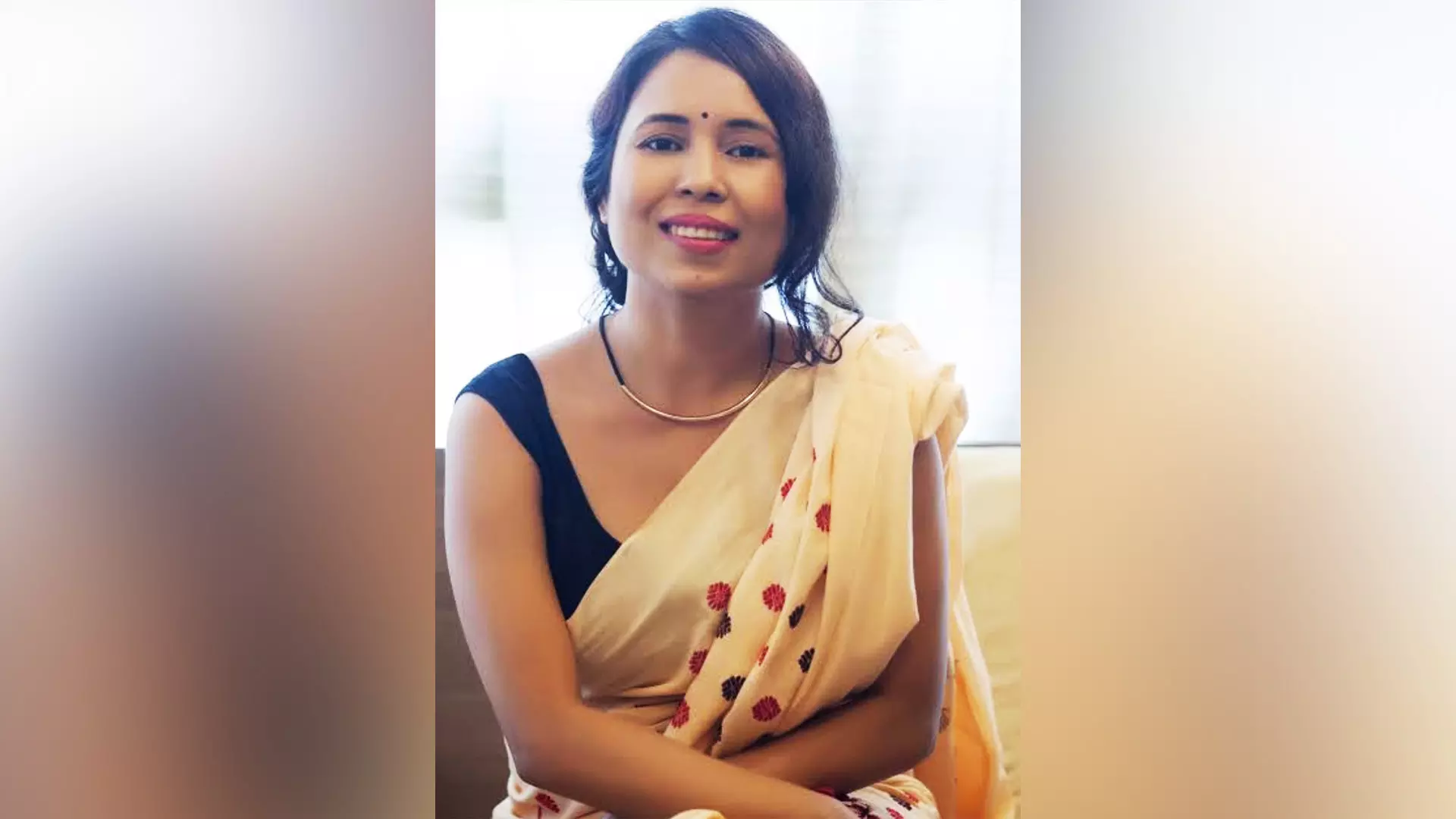
Rima Das's Village Rockstars was India’s official entry for the 91st Academy Awards in the Best Foreign Language Film category.
“I didn’t realise then that there are so many departments involved. I also didn’t have connections or manpower because I was looking for acting jobs in Mumbai. I was coming from a very different space, and I was not doing well in acting. That’s another reason I didn’t have the courage to approach producers and ask for money. I started on my own because I looked at filmmaking as a painting. I enjoyed every department but slowly I realised that when I’m making films, I mostly enjoy directing and writing, as well as cinematography and editing. However, when it comes to production design, art, and other aspects, I feel it is good to collaborate because it’s very important. People who specialise in certain areas have the skills to contribute in a unique way. When I handle cinematography, I often feel limited because I am not trained or formally educated in it. This sometimes frustrates me because I visualise something and struggle to achieve the right mood, lighting, and location. It can be very difficult for me when I can’t bring my vision to life due to these limitations,” she told me.
Today, indie filmmakers are making the most fascinating films. But it’s likely you may not have heard their names. Those who have been lucky enough to find a platform for their films are now being discovered by the common people. Achal Mishra’s Maithili-language family drama, Gamak Ghar (2019), came to the attention of cine fans at the 21st MAMI Mumbai Film Festival, where it won the inaugural Manish Acharya Award for New Voices in Indian Cinema. Mishra’s directorial approach is characterised by meticulous composition, deliberate pacing, and a fragmented narrative style. These techniques create a contemplative atmosphere, allowing his characters — and us — to find poetry, and a touch of melancholy, in the ordinary moments of life. You will get a sense of his potential if you watch Dhuin (2022) and Pokhar Ke Dunu Paar (2022), which are streaming on MUBI, the go-to platform for films by indie filmmakers, and the best of world cinema.
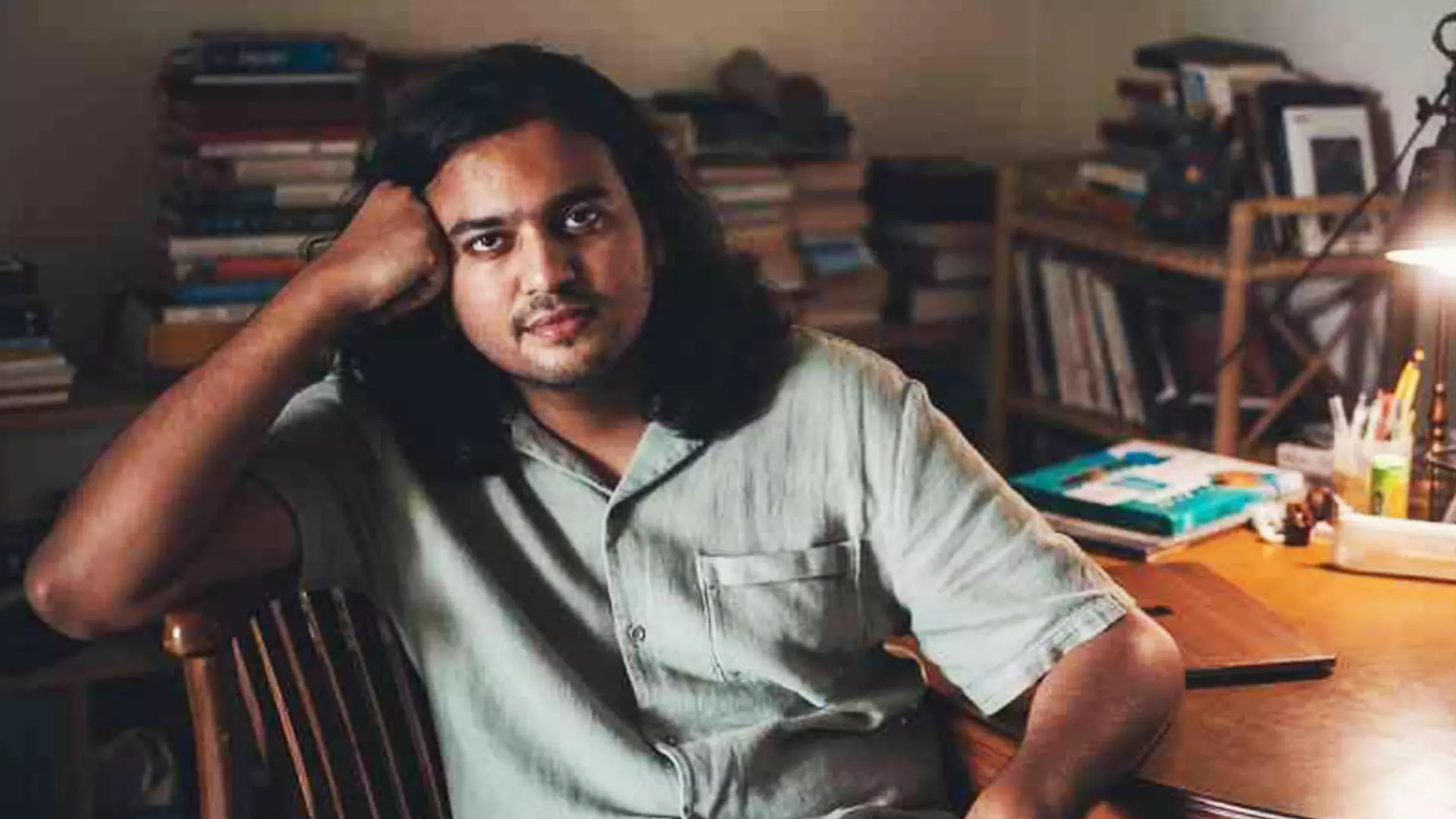
Achal Mishra’s Maithili-language family drama, Gamak Ghar, came to the attention of cine fans at the 21st MAMI Mumbai Film Festival, where it won the inaugural Manish Acharya Award for New Voices in Indian Cinema.
There are many other indie filmmakers you will be amazed to know about. There is Prateek Vats, two-time National Film Award Winner, whose debut feature Eeb Allay Ooo (2019) is a quirky comedy-drama that looks at the monkey menace in New Delhi. It centres around Anjani, a young migrant worker, who lands a rather unconventional government job: a monkey repeller. Tasked with keeping the mischievous primates away from important government buildings, Anjani finds herself struggling to adjust to life in the capital. Chaitanya Tamahane’s 2014 Marathi courtroom drama Court, which was India’s official submission for the 88th Academy Awards in the Best Foreign Language Film category; it had premiered at the Venice Film Festival that year.
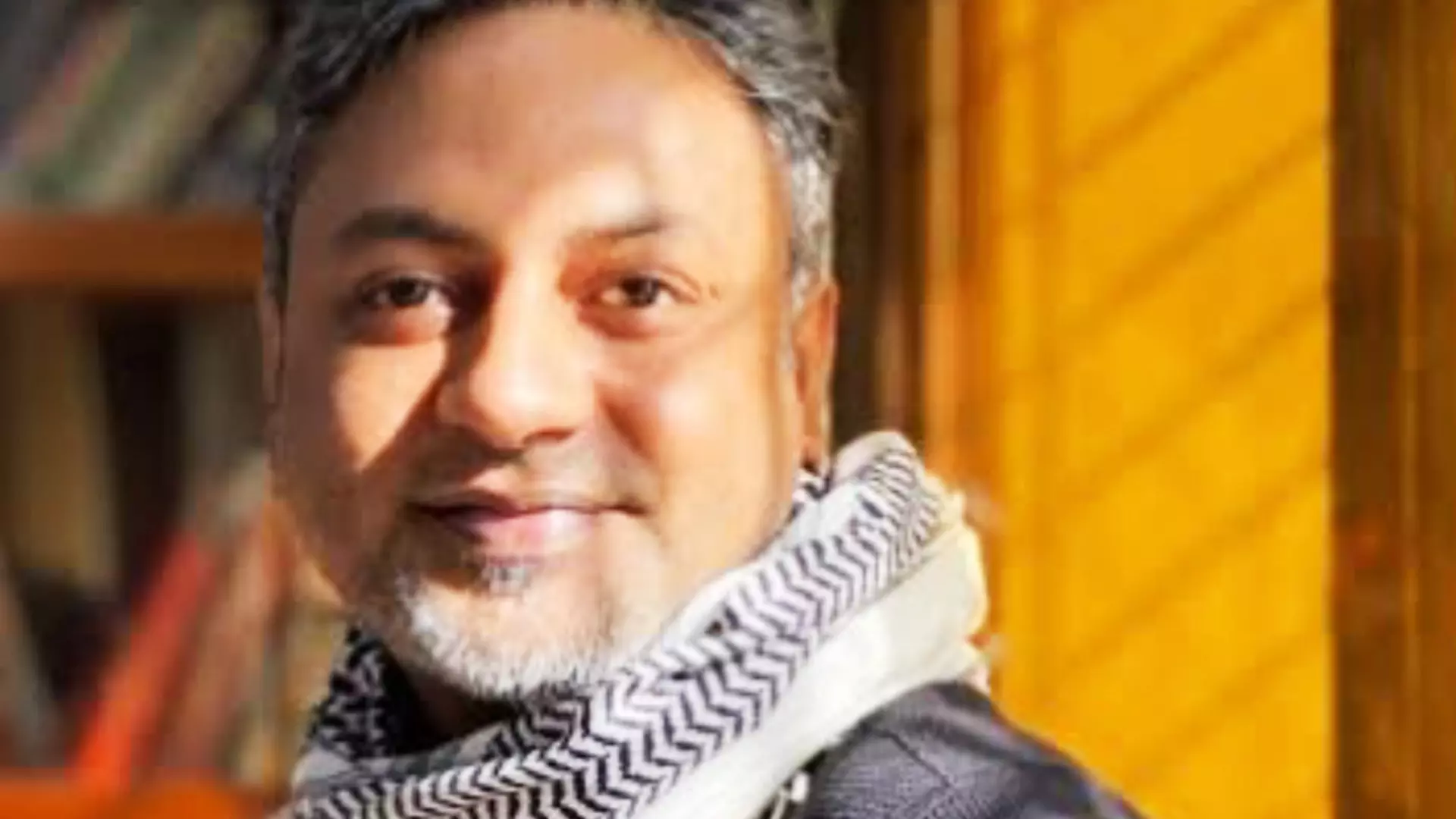
Prateek Vats's debut feature Eeb Allay Ooo is a quirky comedy-drama that looks at the monkey menace in New Delhi.
The film exposes the cracks in the legal framework and the social biases that often influence the pursuit of justice through the story of Narayan Kamble (Vira Sathidar), an ageing folk singer and activist who is arrested on charges of abetting the suicide of a sanitation worker. Tamhane’s The Disciple (2020) is an intimate portrait of a vocalist named Sharad (played by Aditya Modak) and his lifelong dedication to an art form, the years of disciplined routine, the constant self-doubt, and the financial struggles of pursuing singing with limited commercial viability.
Vijay Jayapal’s debut feature film, Revelations (2016), a Tamil-language drama that premiered at the Busan International Film Festival, is set in Kolkata, and centres on marital discord, repressed desires, and the search for redemption. It’s the story of Meera (Lakshmi Priyaa Chandramouli) who, four years into her marriage, finds herself grappling with a sense of dissatisfaction and a growing distance from her husband. Their relationship lacks emotional intimacy, leaving Meera yearning for connection. As Meera seeks solace outside her marriage, she encounters Shankar (played by Chetan), a middle-aged man who moves in next door. A sense of intrigue surrounds Shankar, who harbours a mysterious past. Meera and Shankar develop an unconventional friendship, which soon blossoms into a complex emotional bond. As their relationship grows strong, both Meera and Shankar begin to reveal the secrets they’ve been harbouring. These revelations not only challenge their own perceptions of themselves but also have a great impact on their lives.
If Mumbai becomes a character in Kapadia’s film, Kolkata serves as more than just a backdrop in Revelations. Its streets and hidden alleyways become mirrors reflecting the characters’ inner turmoil and the journeys they undertake — the journeys that change them and bring them closer to the real self. One only hopes that Kapadia’s win helps bring about systemic change in how we view independent cinema. If it happens, we will have many Payal Kapadias earning laurels at Cannes. And we won’t have to wait for another 30 years before an Indian film wins the top honour.
